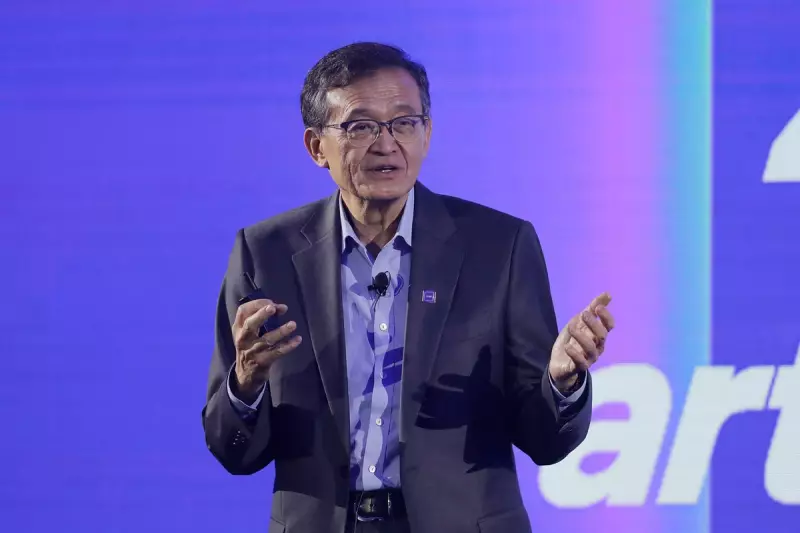
Intel's ambitious $5.4 billion deal to acquire Israeli chipmaker Tower Semiconductor has collapsed after failing to secure regulatory approval in time, marking a significant setback for CEO Pat Gelsinger's plans to expand the company's foundry business.
The acquisition, announced in February 2022, was intended to bolster Intel's position in the semiconductor market, particularly in specialty technologies like radio frequency and industrial sensors. However, the companies confirmed on Wednesday that the deal would not proceed as the deadline passed without clearance from Chinese regulators.
Regulatory Roadblocks Derail Strategic Move
Industry analysts suggest the deal's failure reflects growing geopolitical tensions in the tech sector, with China's reluctance to approve the transaction seen as part of broader trade disputes between Washington and Beijing. The collapse comes despite Intel's efforts to address regulatory concerns and extend the merger agreement multiple times.
"We are disappointed that we could not bring this transaction to fruition," said Gelsinger, who had identified the Tower acquisition as a key component of Intel's strategy to become a major player in the foundry business that manufactures chips for other companies.
Financial Implications and Future Plans
Under the terms of the terminated agreement, Intel will pay Tower a $353 million termination fee. The US chip giant emphasized it remains committed to its foundry expansion plans, including significant investments in manufacturing facilities in the US, Europe and Israel.
Tower Semiconductor, which specializes in analog chips used in automotive, medical and industrial applications, saw its shares drop nearly 5% following the announcement. Intel shares remained relatively stable as investors had largely anticipated the deal's failure.
The semiconductor industry continues to face challenges from global supply chain issues and increasing competition, particularly from Asian manufacturers. This failed acquisition represents another hurdle for Intel as it seeks to regain its position as the undisputed leader in chip manufacturing.





